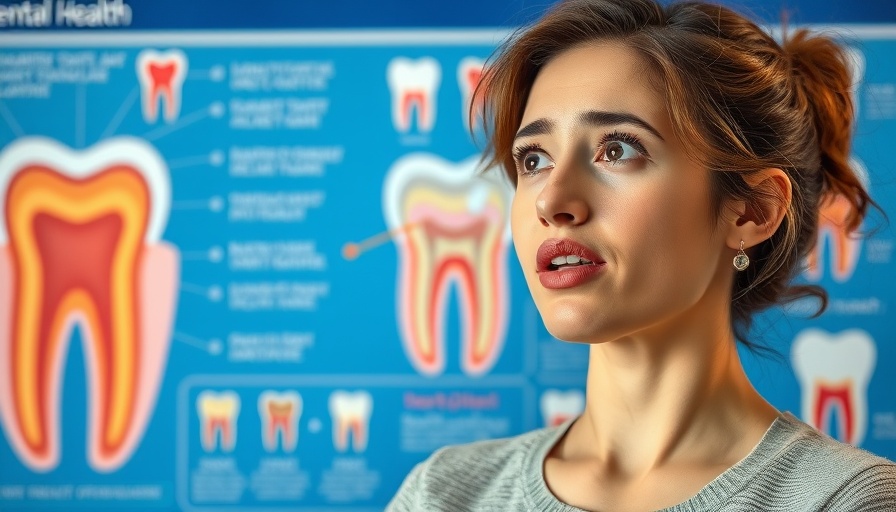
Understanding the Connection Between Mental and Dental Health
Mental health and oral hygiene are more intertwined than most people realize. As discussed in Whitney's video, Why You Can’t Brush Your Teeth When You’re Depressed (But Here’s What Helps), emotional states such as depression and anxiety can have significant repercussions on your dental health. When someone is struggling with their mental well-being, the motivation to maintain a regular dental care routine, such as brushing their teeth or visiting the dentist, often takes a backseat. This neglect can quickly snowball into serious oral health issues like cavities and gum disease, demonstrating the critical interdependence of our psychological and physical wellness.
In Why You Can’t Brush Your Teeth When You’re Depressed (But Here’s What Helps), the discussion dives into the vital connection between mental health and dental hygiene, illuminating key insights that spark deeper analysis on our end.
The Impacts of Neglected Dental Health
Conversely, the state of one’s dental health can affect mental health. Issues such as tooth decay and gum disease not only bring physical discomfort but can also lead to feelings of embarrassment or social anxiety. For many individuals, the fear of judgment due to dental issues can create a vicious cycle, where emotional distress causes people to neglect their dental care even further, exacerbating the problem. For example, studies have shown that individuals experiencing gum disease often report higher levels of anxiety and depression, making it imperative to address both areas equally.
Common Risk Factors for Dual Health Issues
Certain lifestyle choices can serve as common risk factors for both mental and dental health problems. Poor nutrition, for instance, affects the body’s overall functioning. Diets high in sugars and acids can lead to tooth decay, while a lack of essential nutrients could fuel anxiety and depression. Furthermore, habits like smoking and excessive alcohol consumption don’t just harm overall health—they also negatively influence both oral hygiene and mental stability. Heavy drinking, with its acidic nature, can erode enamel, while smoking is linked to various forms of oral cancer, thus complicating both mental and dental wellness.
The Importance of a Positive Routine
As suggested in Whitney's video, establishing a routine can effectively counteract these challenges. By creating a simple yet consistent oral hygiene routine, individuals can protect their teeth while simultaneously fostering a sense of structure and accomplishment. Using reminders like sticky notes or setting a specific time for brushing can make these tasks less daunting. Starting small, such as aiming to brush once a day before gradually increasing, can reduce feelings of overwhelm associated with maintaining dental care.
Tools and Resources to Assist
The good news is that help is available. Resources like Better Mouth can provide guidance and encouragement. This platform offers interactive tooth brushing timers and tutorials, promoting habit formation by turning oral hygiene into a rewarding part of self-care rather than a chore. Engaging in these practices creates a more positive association with dental care, helping individuals feel empowered regarding both their mental and oral health.
Seeking Professional Help
It’s crucial to acknowledge when to seek professional help. Therapy and counseling can equip individuals with the necessary coping strategies to manage both their mental and dental health challenges effectively. Consulting with mental health professionals can help address underlying issues contributing to dental neglect, while regular visits to a dentist can prevent future problems from escalating. Each aspect of our health deserves attention and care—both our minds and our smiles.
Conclusion: Prioritizing Comprehensive Wellbeing
In conclusion, the link between mental health and dental care reflects a broader need for comprehensive wellness strategies. Whether through small changes in routine or professional intervention, taking proactive steps can pave the way for improved health outcomes. Remember, it's not just about brushing your teeth—it's about nurturing your entire self.
 Add Row
Add Row  Add
Add 




Write A Comment